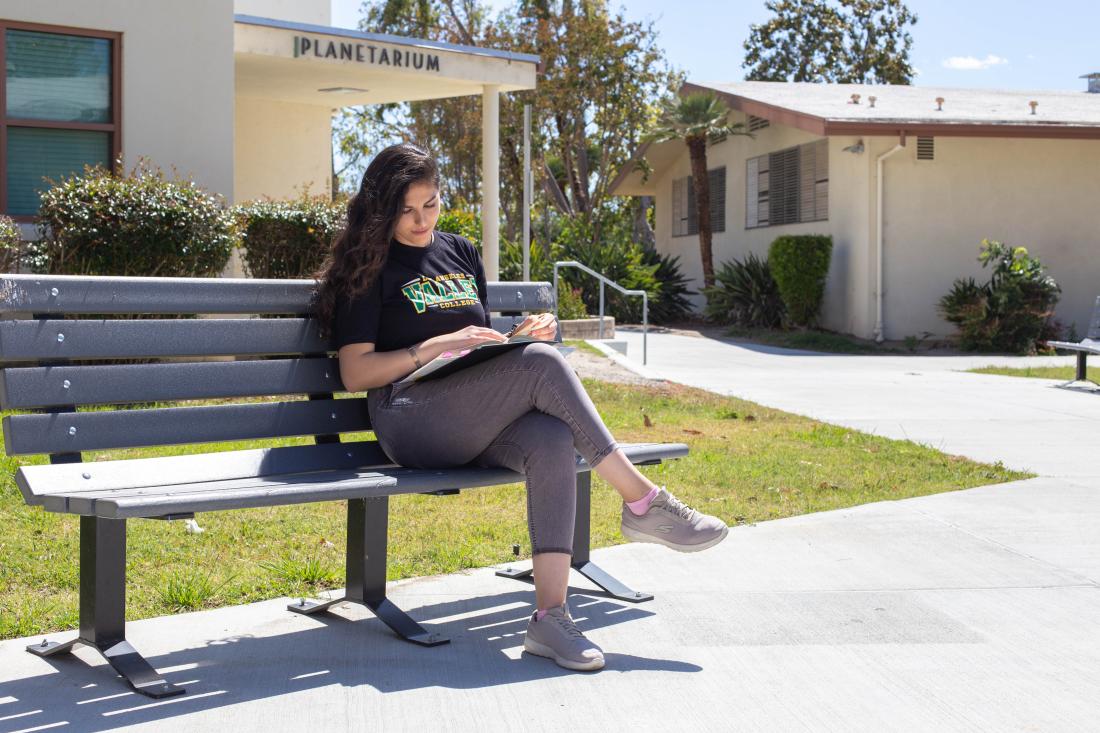Step 3: Explore Careers

This step of the Career Exploration process requires you to conduct research on the world of work and the vast amount of careers that are available.
As you learn more about your personality, values, and interests, you will begin to research various occupations that interest you and analyze the different components of each, including the job summary, tasks, skills, and abilities. The knowledge and information you gain from career exploration are invaluable as they will provide you with further direction and guide your next steps in achieving your career goals and dreams.
Research & Self-Reflection
After completing self-assessments and exploring CAPS and majors, you will want to begin exploring careers related to or fall under your CAP or major that interest you. In this step, you will conduct research to learn which careers you can pursue within your chosen area. Career exploration includes researching specific positions, which allows you to understand the task, duties, education, responsibilities, skills, and abilities required to perform a particular job. After narrowing down a few potential careers, you will want to continue your research by conducting a job outlook. This component of your search is essential because it will give you an estimated growth or decline of a particular job over ten years. When researching careers, you may also discover new opportunities that have fast-growing projections. Complete the Career Exploration Handout to help you stay organized as you conduct your career research. The handout includes the different categories you should research for the career fields you are interested in and help you understand the difference between various skills required for job positions. Think about what you have learned thus far and ask yourself whether your career options align with your personality, interests, values, and goals. The following are helpful websites to assist you in your research.
| Programs | Description |
|---|---|
| O*NET | O*NET is a database that includes tasks, work activities, skills, abilities, and knowledge requirements. Additionally, it provides education requirements, wages, interest codes (RIASEC), job outlook, and work values. |
| Dictionary of Occupational Titles (DOT) | Dictionary of Occupational Titles (DOT) is a website that covers tasks, knowledge, skills, abilities, work activities, work context, interests, and work values. |
| US Bureau of Labor Statistics | U.S. Bureau of Labor Statistics is a resource that describes the nature of work, typical functions, working conditions, employment prospects, educational preparation, training, and other qualifications. It also includes up-to-date data on employment outlook and wages by region. |
Getting Hands-on Experience
Now that you have researched your career and self-reflected, use the following resources to help you get hands-on experience, and the inside scoop on careers of interest to you.
Informational Interviews - typically a face-to-face meeting with a person working in a position you are interested in.
Job Shadow - allows you to explore a career by observing or "shadowing" a professional in the field, learning about their work environment and what a typical day looks like.
Service Learning - Get extra credit for your class for volunteering in a related field.
Cooperative Education - Students who are enrolled at Los Angeles Valley College and are employed either full or part time (paid or volunteer status) to a job related to their declared major, or related field, may enroll in the Cooperative Education Program and earn up to 4 units of transferable credit per semester. Earn up to 3 units of transferable credit if your job is unrelated to your major.
Internships - These short-term paid or unpaid experiences allow you to learn about the day-to-day functions of a particular position or department and gain work experience to add to your resume. Internships also afford interns the opportunity to experience a line of work before they've fully committed to a career path.